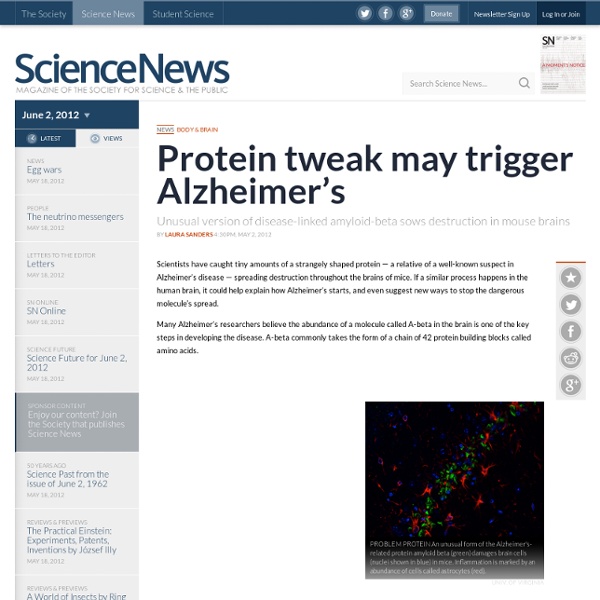



In Blur of A.D.H.D., Sleep Troubles May Be a Culprit Getty Images Diagnoses of attention hyperactivity disorder among children have increased dramatically in recent years, rising 22 percent from 2003 to 2007, according to the Centers for Disease Control and Prevention. But many experts believe that this may not be the epidemic it appears to be. Many children are given a diagnosis of A.D.H.D., researchers say, when in fact they have another problem: a sleep disorder, like sleep apnea. “No one is saying A.D.H.D. does not exist, but there’s a strong feeling now that we need to rule out sleep issues first,” said Dr. The symptoms of sleep deprivation in children resemble those of A.D.H.D. The latest study suggesting a link between inadequate sleep and A.D.H.D. symptoms appeared last month in the journal Pediatrics. Children at highest risk of developing A.D.H.D. Most important, perhaps, those already found to have A.D.H.D. before surgery subsequently behaved so much better in many cases that they no longer fit the criteria.
Is Pornography Driving Men Crazy? - Naomi Wolf Exit from comment view mode. Click to hide this space NEW YORK – It is hard to ignore how many highly visible men in recent years (indeed, months) have behaved in sexually self-destructive ways. Of course, the heightened technological ability nowadays to expose private behavior is part of the reason for this change. What is driving this weirdly disinhibited decision-making? There is an increasing body of scientific evidence to support this idea. The hypothesis among the experts was that pornography was progressively desensitizing these men sexually. Given the desensitization effect on most male subjects, researchers found that they quickly required higher levels of stimulation to achieve the same level of arousal. Since then, a great deal of data on the brain’s reward system has accumulated to explain this rewiring more concretely. This is not to say that they are not responsible for their behavior.
Mirror Neurons Mirror Neurons PBS air date: January 25, 2005 ROBERT KRULWICH: Hello again. Gaze into a mirror, and what do you see? Well, I see my face, of course. But in my face I see moods, I see shifts of feeling. We humans are really good at reading faces and bodies. Ask yourself, "Why do people get so involved, so deeply, deeply involved, with such anguish, such pain, such nail biting tension over football?" COMMENTATOR: The Cleveland Browns are gambling on defense. ROBERT KRULWICH: Why are we such suckers for sports? Well, as it happens, scientists have an explanation for this strange ability to connect. DANIEL GLASER: It had never been found on a cellular level before. ROBERT KRULWICH: A set of brain cells, found on either side of the head, among all the billions of long branching cells in our brain, these so-called "mirror neurons," have surprising power. (NEURON FIRING): Clack, clack, clack. ROBERT KRULWICH: ...whenever the monkey would grab for a peanut. ROBERT KRULWICH: ...the neuron would fire.
The New Map Of The Brain Trying to map the brain has always been cartography for fools. Most of the other parts of the body reveal their workings with little more than a glance. The heart is self-evidently a pump; the lungs are clearly bellows. The struggle of the mind to fathom the brain it inhabits is the most circular kind of search--the cognitive equivalent of M.C. Modern scientists have done a far better job of things, dividing the brain into multiple, discrete regions with satisfyingly technical names--hypothalamus, caudate nucleus, neocortex--and mapping particular functions to particular sites. Slowly, that is changing. Specialized neurons are being found that allow us to mirror the behavior of people around us, helping us learn such primal skills as walking and eating as well as how to become social, ethical beings. Human beings have always been brash enough to ask such questions but lacked the necessary gifts to answer them.